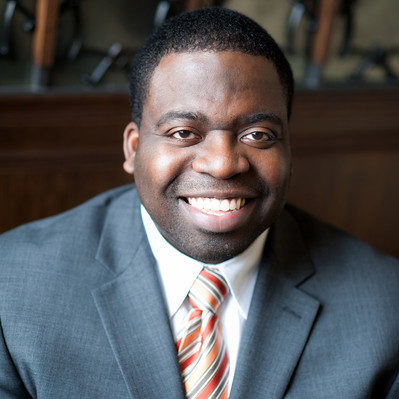David Brook’s The Follower Problem:
The old adversary culture of the intellectuals has turned into a mass adversarial cynicism. The common assumption is that elites are always hiding something. Public servants are in it for themselves. Those people at the top are nowhere near as smart or as wonderful as pure and all-knowing Me.
[…]In his memoir, “At Ease,” Eisenhower delivered the following advice: “Always try to associate yourself with and learn as much as you can from those who know more than you do, who do better than you, who see more clearly than you.” Ike slowly mastered the art of leadership by becoming a superb apprentice.
[…]To have good leaders you have to have good followers — able to recognize just authority, admire it, be grateful for it and emulate it. Those skills are required for good monument building, too.
From Atrios via Bloomberg on elite CEO Jamie Dimon’s leadership:
Dimon treated the CIO differently from other JPMorgan departments, exempting it from the rigorous scrutiny he applied to risk management in the investment bank, according to two people who have worked at the highest executive levels of the firm and have direct knowledge of the matter. When some of his most senior advisers, including the heads of the investment bank, raised concerns about the lack of transparency and quality of internal controls in the CIO, Dimon brushed them off, said one of the people, who asked not to be identified because the discussions were private.
From the WSJ on elite CEO and Politician Jon Corzine:
A bankruptcy trustee blamed former MF Global Holdings Ltd. MFGLQ -6.06% Chief Executive Jon S. Corzine for events leading to the financial firm’s collapse, saying he may pursue legal claims against the former financier for ramping up risks and failing to safeguard money belonging to customers.
James Giddens, the trustee trying to recover money for the company’s U.S. brokerage unit, said in a 275-page report Monday that he may pursue claims of “breach of fiduciary duty and negligence” against Mr. Corzine and other officials at the firm for revving up the firm’s risk-taking appetite without improving controls needed to keep customer funds safe. He cited Mr. Corzine’s giant trading bets and failure to put systems in place to prevent improper transfers of customer money.
Mind you, David Brooks wants us to follow these people and to trust them, implicitly. These guys had impeccable reputations, and they ended up doing some seriously stupid things. Is it because they are stupid? No. Is it because I think they know less about banking than I do? No. It’s because they were reckless gamblers and gamblers chase.
Leadership is about having some respect and empathy for people you lead and Brooks seems to ignore that requirement of the whole leader/follower thing.
